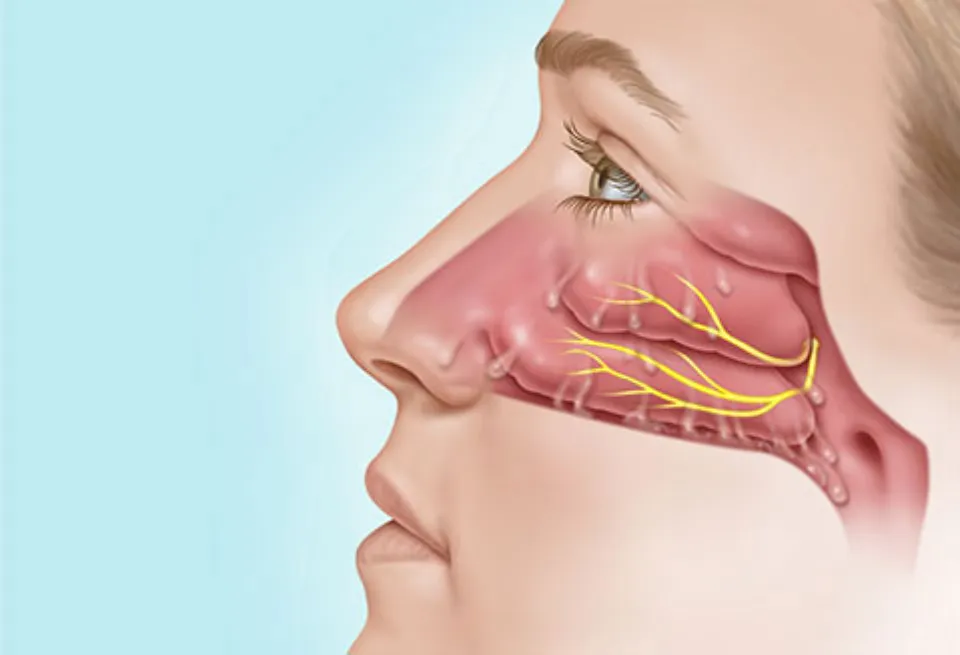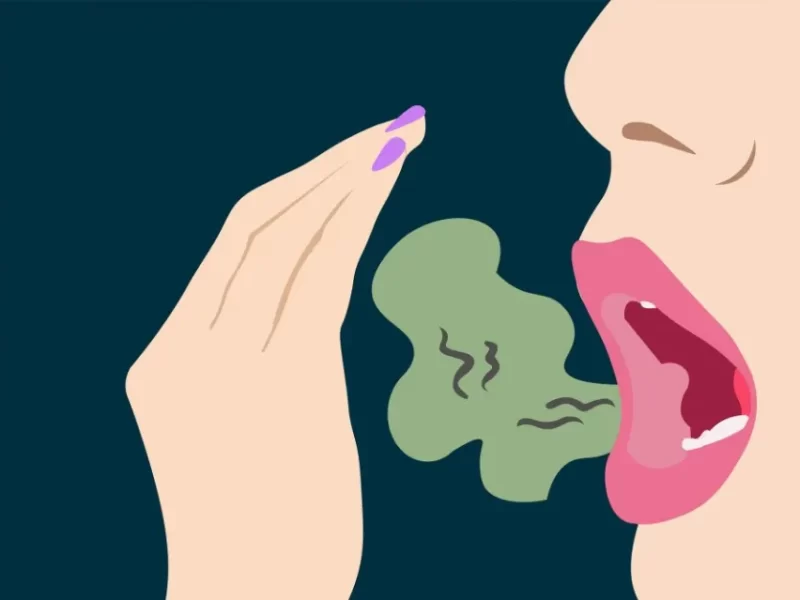Most often, runny noses are transient. Your nose becomes clear once more after taking allergy medication or recovering from a cold. The question is, what about a persistent runny nose.
There are many potential causes of chronic rhinorrhea, which is a persistent or long-term runny nose. Raj Sindwani, MD, an otolaryngologist (ear, nose, and throat specialist, or ENT), explains the causes of a persistent runny nose and when to see a doctor.
Causes of Chronic Runny Nose
Anything that irritates or inflames the nasal tissues can cause a runny nose. A runny nose can be brought on by a number of things, including allergies, irritants, and infections like the flu and the common cold. A condition known as nonallergic rhinitis or vasomotor rhinitis causes some people to have a persistently runny nose for no apparent reason.
Less frequently, polyps, a foreign body, a tumor, or migraine-like headaches can cause a runny nose.

Causes of a runny nose include:
- Acute sinusitis
- Allergies
- Chronic sinusitis
- Churg-Strauss syndrome
- Common cold
- Coronavirus disease 2019 (COVID-19)
- Decongestant nasal spray overuse
- Deviated septum
- Cold or dry air
- Granulomatosis with polyangiitis
- Hormonal changes
- Influenza (flu)
- Lodged object
- Medicines, such as those used to treat high blood pressure, erectile dysfunction, depression, seizures and other conditions
- Nasal polyps
- Nonallergic rhinitis
- Occupational asthma
- Pregnancy
- Respiratory syncytial virus (RSV)
- Spinal fluid leak
- Tobacco smoke
Runny Nose Vs. Stuffy Nose
While it’s simple to mix up the terms, a runny nose and a stuffy nose are two different things. Here’s how they’re different:
- Rhinorrhea (runny nose): Rhinorrhea, also known as nasal drip, is characterized by the leaking of clear or colored mucus (fluid) from the nose. “With rhinorrhea, you’re probably reaching for the tissues, but you can usually breathe clearly through your nose,” says Dr. Sindwani.
- Nasal congestion or nasal obstruction (stuffy nose): Breathing through one or both sides of your nose can be challenging if you have nasal congestion. You may snore at night or feel like your nose is “plugged.” Runny nose may or may not be accompanied by a stuffy nose. “Many colds cause both rhinorrhea and congestion,” notes Dr. Sindwani. “However, nasal congestion without any mucus could result from a blockage or swelling inside your nose.”
Common causes of nasal congestion without the dripping include:
- Deviated septum: The bone and cartilage inside of your nose are out of alignment if you have a deviated septum. Your nasal airflow may be partially obstructed by the septum.
- Enlarged or swollen turbinates: Inside of your nose are bony, thin structures called turbinates. If your turbinates swell as a result of a severe cold, sinus infection, or allergies, it may be difficult to breathe through your nose.
What May Help Deal With a Runny Nose?

You can try a variety of remedies at home to help sooth a runny nose.
- Use a nasal spray or rinse: There are over-the-counter nasal saline sprays. Your nasal passages may become more clear with their aid. Additionally, you can prepare your own saline nasal rinse at home.
- Try an OTC decongestant: A OTC decongestant can help lessen swelling and pressure if you also have nasal congestion in addition to a runny nose. Afrin and Sudafed are two examples.
- Take an OTC antihistamine: Runny nose, itching, and sneezing are just a few of the allergy symptoms that OTC antihistamines can help with. Benadryl, Claritin, and Zyrtec are a few examples.
- Use an intranasal corticosteroid: You spray your nose with these medications to take them. They might reduce allergy symptoms like itchiness, sneezing, and runny nose. Nasacort and Flonase are a couple of examples of OTC medications.
- Drink water: Getting enough water can keep your nasal mucus thin and simpler to remove from your nose.
- Use a humidifier: A humidifier can increase air moisture and possibly maintain thin nasal mucus.
- Avoid triggers: Consider avoiding certain situations if you are aware that they cause your symptoms.
- Blow your nose frequently: Excess mucus can be removed from your nasal passages by gently blowing it into a tissue.
When to See Doctor
Seek medical care if you have a runny nose with:
- nasal bleeding or bloody mucus.
- drip that has a salty or metallic flavor.
- Facial pain.
- Fever.
- Changing mucus, from clear to yellow or green.
- running or dripping in one direction.
Summary
A persistent, clear runny nose can be brought on by a wide range of medical conditions. Infections, allergies, and nasal polyps are a few of the most typical causes.
The majority of causes of a persistently clear nose can be treated at home or with over-the-counter medications. Consult your doctor if your symptoms last longer than 10 days or if you experience additional symptoms like a fever or a bleeding nose.
FAQs
What Does a Constant Runny Nose Indicate?
What triggers a persistent runny nose? The causes of acute rhinitis likely aren’t surprising — a cold, the flu, COVID-19 or mild seasonal allergies. On the other hand, chronic rhinitis frequently has unknown causes.
Why is My Runny Nose Getting Worse?
The most common is a viral infection of the sinuses — typically the common cold. When it’s cold outside, allergies, sinusitis, or other conditions are to blame, a runny nose will occasionally occur. The lining of your nasal passages and sinuses becomes irritated when you breathe in a virus or an allergen, such as dust or pollen.



